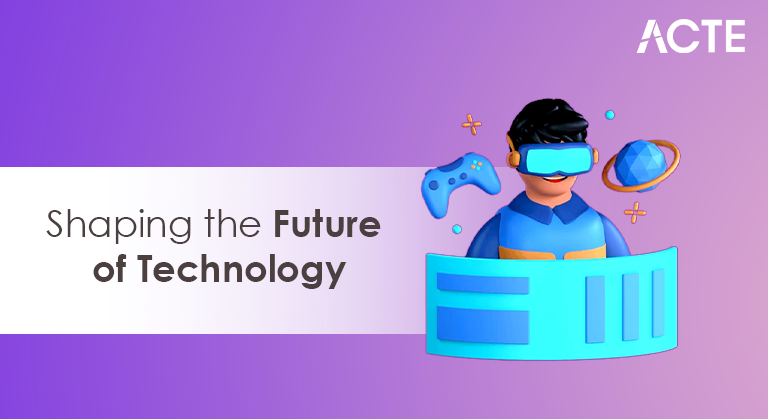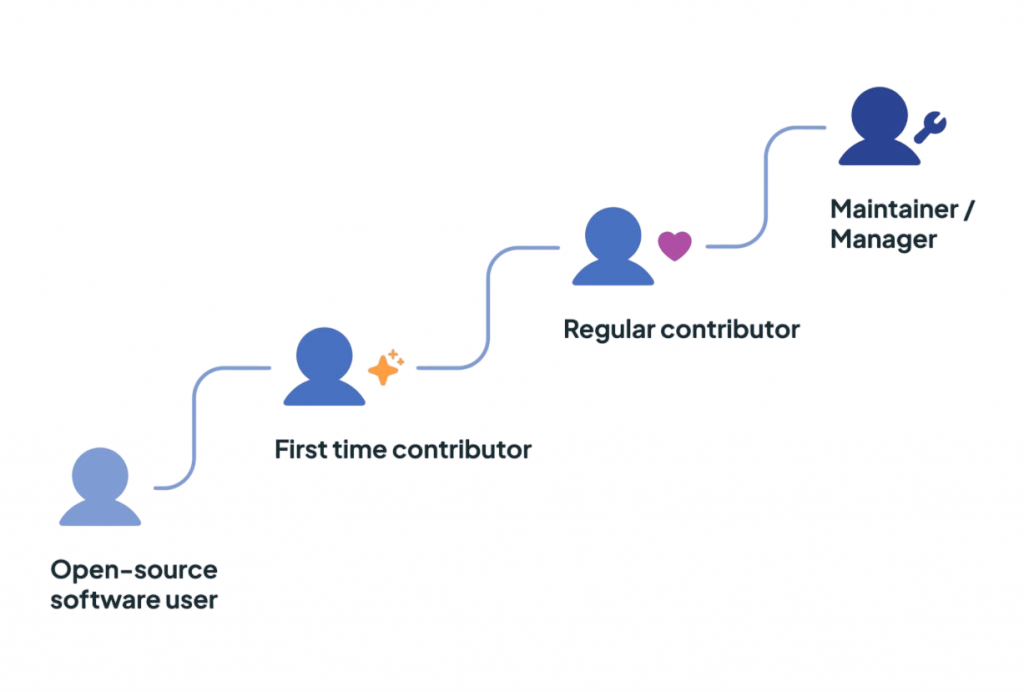
- Introduction – The Influence of Programmers in the Digital Era
- Problem Solvers of the Modern World
- Driving Innovation Through Code
- Creating Scalable and Automated Solutions
- Enabling Global Communication and Collaboration
- Contribution to Open Source and Community Projects
- Programmers in AI, Data Science, and Emerging Tech
- Entrepreneurship and Product Development
- Conclusion
Introduction – The Influence of Programmers in the Digital Era
In today’s digital era, programmers play a pivotal role in shaping the world we live in. Their skills and creativity drive the development of software, applications, and systems that power everything from smartphones and social media to healthcare and finance. As technology continues to evolve rapidly, programmers are at the forefront, transforming ideas into innovative solutions that impact billions of people worldwide. The influence of programmers extends beyond just writing code; they design algorithms that optimize processes Python Training, build secure networks that protect data, and create user-friendly interfaces that make technology accessible. Their work fuels automation, artificial intelligence, and big data analytics, enabling businesses to operate more efficiently and individuals to connect globally. Moreover, programmers contribute to open-source projects, fostering collaboration and accelerating technological advancement. Their ability to solve complex problems and adapt to new challenges is crucial in a world increasingly reliant on digital tools. In essence, programmers are architects of the modern digital landscape. Their expertise not only drives technological progress but also shapes social, economic, and cultural changes, making them indispensable in the ongoing transformation of society. As we move forward, their influence will only grow, shaping a future where technology and humanity are more deeply intertwined than ever before.
Do You Want to Learn More About Python? Get Info From Our Python Online Training Today!
Problem Solvers of the Modern World
At their core, programmers are problem solvers. They identify inefficiencies, understand challenges, and develop digital solutions that improve lives. Whether it’s automating a simple task or building complex systems to manage global supply chains, the essence of programming is solving problems .

effectively and efficiently. The beauty of code is that once written, it can be replicated and scaled to serve millions, Input in Python if not billions, of users. For instance, an app that manages daily expenses might help one person better manage finances but when shared, that same app empowers thousands globally. This multiplier effect gives programmers immense power in shaping solutions that matter.
Driving Innovation Through Code
Innovation today is inseparable from software. Every revolutionary product be it self-driving cars, voice assistants, or smart home devices relies on the creativity and expertise of programmers. They are the ones turning cutting-edge research into practical applications. Technologies like blockchain, virtual reality, and quantum computing are also made accessible through the innovation of What is PyCharm developers who write the frameworks, tools, and interfaces that bring abstract concepts into usable technologies. Programmers not only keep up with these trends but are often the pioneers who define what’s next.
Creating Scalable and Automated Solutions
- Emphasizes designing systems that smoothly handle increasing users or data. This ensures performance remains stable as demand grows.
- Highlights the importance of automation to minimize manual effort and reduce errors. Automated tasks increase consistency and save time.
- Focuses on creating solutions optimized for speed and efficient use of resources. Efficient systems reduce costs and improve user experience Python Training.
- Stresses the need for scalability so systems can grow without losing performance. Scalability prepares solutions for future expansion and challenges.
- Encourages building maintainable, modular workflows that simplify updates and debugging. Modular design improves flexibility and development speed.
- Guides developers to create robust systems that support long-term success. Robustness ensures reliability and minimizes downtime in production environments.
Want to Pursue a Python Master’s Degree? Enroll For Python Master Program Training Course Today!
Enabling Global Communication and Collaboration
Communication today is largely facilitated through digital platforms social networks, messaging apps, and video conferencing tools. Behind every one of these platforms are programmers who have built robust backends, optimized network protocols, and ensured data security. Moreover, platforms like GitHub, Stack Overflow, and open-source communities enable global collaboration among developers. A developer in Nigeria can collaborate with another in Germany to improve software that benefits users in India. This seamless communication and collaboration would be impossible without programmers developing Python List vs Tuple Guide the platforms that enable it. Technology has revolutionized global communication and collaboration, breaking down geographical barriers and connecting people worldwide. Tools like email, video conferencing, and instant messaging enable real-time interaction across different time zones. Programmers and developers create platforms such as Slack, Zoom, and Microsoft Teams that facilitate seamless teamwork, project management, and knowledge sharing. These technologies empower businesses, educators, and individuals to collaborate efficiently, innovate faster, and respond to challenges collectively. By enabling easy access to information and fostering diverse perspectives, global communication tools drive productivity, creativity, and cultural exchange, making the world more interconnected than ever before.
Contribution to Open Source and Community Projects
One of the most significant contributions programmers make is to the open-source community. Through platforms like GitHub, developers share code freely, enabling others to learn, adapt, and build on existing projects. Open source has democratized access to high-quality software What is Python Programming and fostered innovation at a global scale.

Examples include:
- Linux – powering most of the world’s servers
- Python – a dominant language in AI and web development
- TensorFlow – enabling accessible machine learning
These projects were built by communities of programmers who chose collaboration over competition.
Programmers in AI, Data Science, and Emerging Tech
- Develop and train machine learning models to solve complex problems in various industries.
- Analyze and interpret large datasets to uncover insights and support data-driven decisions.
- Build intelligent systems using AI techniques like natural language processing and computer vision.
- Create automation tools that improve efficiency and accuracy in data processing Python Developer Skills .
- Work with cutting-edge technologies such as blockchain, IoT, and quantum computing.
- Optimize algorithms for better performance and scalability in real-world applications.
- Collaborate with domain experts to design impactful, innovative tech solutions.
- Address ethical concerns, bias, and security in AI and data-driven technologies.
- Drive research and development to push the boundaries of emerging technologies.
- Use programming languages like Python, R, and Julia to implement advanced tech solutions.
- Their role is expanding as technology integrates into every industry, proving that programmers are central to innovation.
Preparing for a Python Job? Have a Look at Our Blog on Python Interview Questions and Answers To Ace Your Interview!
Entrepreneurship and Product Development
Many programmers don’t just work on someone else’s ideas they launch their own. Tech entrepreneurs like Elon Musk, Mark Zuckerberg, and Jack Dorsey started as programmers with a vision. Their ability to prototype, build, and launch products gave them an edge. A programmer with an idea can build a minimum viable product (MVP), test it in the market, and scale quickly with the right tools and cloud platforms. This has led to a startup boom, where even solo developers create businesses worth millions. Even within companies, programmers often spearhead intrapreneurial projects building tools that redefine how teams operate internally Building a Career as a Python Developer . Entrepreneurship drives innovation by transforming ideas into valuable products and services. Programmers play a critical role in this process, building prototypes, developing software solutions, and iterating quickly based on user feedback. They use their technical skills to create scalable and user-friendly products that meet market needs. Effective product development requires collaboration between developers, designers, and business teams to align technology with customer demands. By leveraging automation and agile methodologies, entrepreneurs can accelerate development cycles and reduce time-to-market. Ultimately, entrepreneurship combined with strong product development fosters growth, creates jobs, and shapes the future of technology and business.
Conclusion
Programmers are not just coders, they are inventors, builders, leaders, and change-makers. They wield the tools that build digital infrastructure, revolutionize industries, and empower humanity. Whether through a few lines of automation script or a large-scale Programmers in AI application, the impact of a programmer ripples across borders, industries, and generations. As technology continues to evolve, the role of programmers will only grow more significant. The power of a programmer lies not just in writing code but in envisioning a better world and coding it into existence Python Training. In today’s fast-paced digital world, programmers are essential catalysts for innovation and progress. Their expertise enables the creation of scalable, automated solutions that drive efficiency across industries. From enabling global communication to advancing AI, data science, and emerging technologies, programmers continuously push boundaries. Their role in entrepreneurship and product development further fuels economic growth and technological advancement. Embracing automation and collaboration, programmers shape a future where technology enhances every aspect of life. As digital transformation accelerates, the influence of skilled programmers will remain vital in building smarter, more connected, and innovative systems worldwide.


